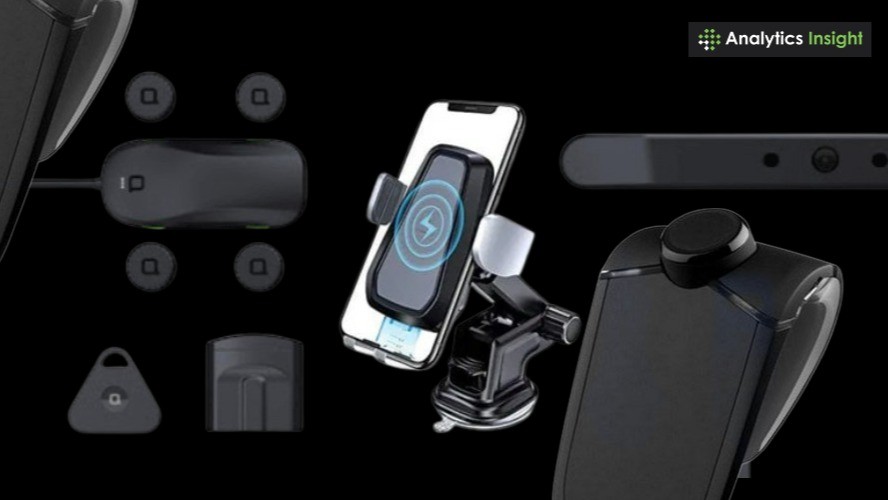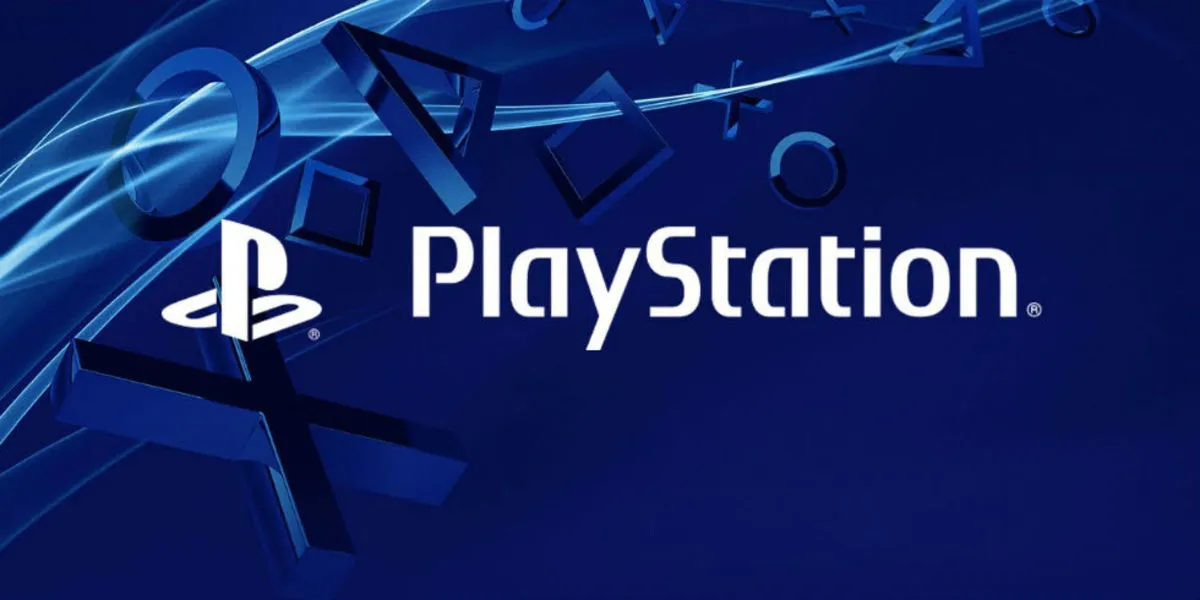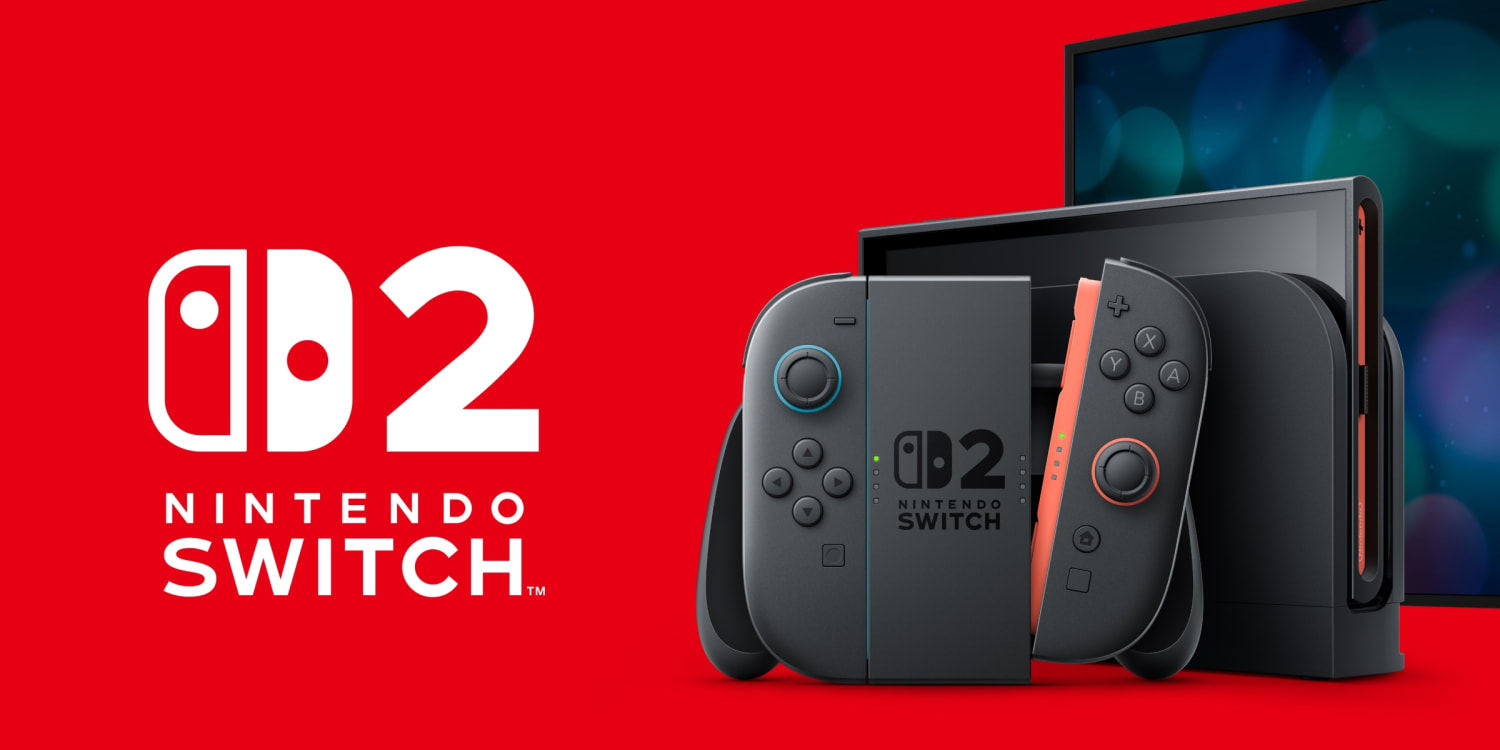For more than 50 years, Nintendo has not only entertained generations of gamers but fundamentally shaped the direction of the video game industry. From arcade machines in the early ’80s to the portable-console hybrid era of the Nintendo Switch, the company’s history is defined by bold innovation, genre-defining releases, and characters who have become household names.
Here are ten of the most important and influential Nintendo games ever released — titles that helped define both the company and the broader gaming landscape.
The Foundations: Early Icons That Built the Empire
Super Mario Bros. (1985)
Widely considered one of the most influential games ever made, Super Mario Bros. wasn’t just a commercial juggernaut — it rescued a struggling industry. Its side-scrolling platforming mechanics became the blueprint for countless titles that followed, while Mario himself grew into gaming’s most iconic mascot. Decades later, its design philosophy still influences modern platformers.
Donkey Kong (1981)
Before Mario was a superstar, he was “Jumpman” in Donkey Kong, Nintendo’s arcade breakout hit. Introducing core gameplay mechanics like jumping and platform navigation, Donkey Kong catapulted Nintendo onto the global stage and paved the way for its home console dominance. It also gave birth to characters that would carry the brand for generations.
Also read: Top 5 Web3 Gaming Crypto Wallets of 2025: Seamless Access to Blockchain Games
Genre-Defining Games That Changed the Way We Play
Super Metroid (1994)
A cornerstone of the “Metroidvania” genre, Super Metroid offered nonlinear exploration, an immersive atmosphere, and a hauntingly beautiful soundtrack. Its world design encouraged players to explore and backtrack, making it one of the most respected and studied games among developers and fans alike. The legacy of Super Metroid lives on in modern indie hits like Hollow Knight and Axiom Verge.
Super Mario 64 (1996)
Mario once again led the way into uncharted territory, this time redefining 3D gaming. Super Mario 64 introduced analog stick movement, dynamic camera systems, and open-world level design. It not only solidified the Nintendo 64 as a must-have console but became the template for virtually every 3D platformer to come.
The Legend of Zelda: Ocarina of Time (1998)
With its expansive world, real-time combat, and revolutionary Z-targeting system, Ocarina of Time elevated action-adventure games to new heights. It remains one of the most critically acclaimed titles in history and established the modern Zelda formula that still resonates today.
Expanding the Audience: New Players, New Eras
Wii Sports (2006)
By leveraging intuitive motion controls, Wii Sports introduced millions of non-gamers to the medium. Packaged with every Wii console, its approachable design made it a living-room staple and turned Nintendo into a family-friendly juggernaut. It redefined success by appealing to everyone, from kids to grandparents.
Animal Crossing: New Horizons (2020)
Timing can be everything. Released during the early stages of the COVID-19 pandemic, New Horizons became a virtual sanctuary for millions in lockdown. Players bonded through digital island visits, hosted events, and found comfort in the game’s peaceful routines. Even without the pandemic, its creative freedom and social elements made it a modern classic.
Pokémon Red & Blue (1998)
These Game Boy titles didn’t just launch a series — they launched a phenomenon. Pokémon Red and Blue introduced the original 151 creatures, laid the groundwork for the JRPG-lite formula, and birthed a multimedia empire encompassing trading cards, anime, movies, and merchandise. The franchise remains one of Nintendo’s biggest to this day.
The Modern Era: Redefining Open Worlds
Mario Kart 64 (1996)
While the original Super Mario Kart kicked off the series, Mario Kart 64 elevated it with 3D graphics, split-screen multiplayer, and iconic track design. It proved that Nintendo could blend competitive gameplay with accessible mechanics, creating one of the most beloved party games of all time.
The Legend of Zelda: Breath of the Wild (2017)
Released as a launch title for the Nintendo Switch, Breath of the Wild shattered conventions with its open-ended design and emphasis on player creativity. Hyrule became a true sandbox, filled with secrets and systemic gameplay interactions. Its influence is evident in virtually every modern open-world game, and it redefined what a Zelda game — and an open-world game — could be.
Final Thoughts
From 2D side-scrollers to sprawling open-world adventures, Nintendo has consistently led the way in shaping how games are made and played. These ten titles are more than just popular — they are milestones that have impacted game design, introduced legendary characters, and inspired generations of developers. As Nintendo continues to evolve, its legacy remains deeply rooted in its willingness to innovate, experiment, and, above all, put fun first.
Disclaimer: The information in this article is for general purposes only and does not constitute financial advice. The author’s views are personal and may not reflect the views of GameDegen.com. Before making any investment decisions, you should always conduct your own research. GameDegen.com is not responsible for any financial losses.



